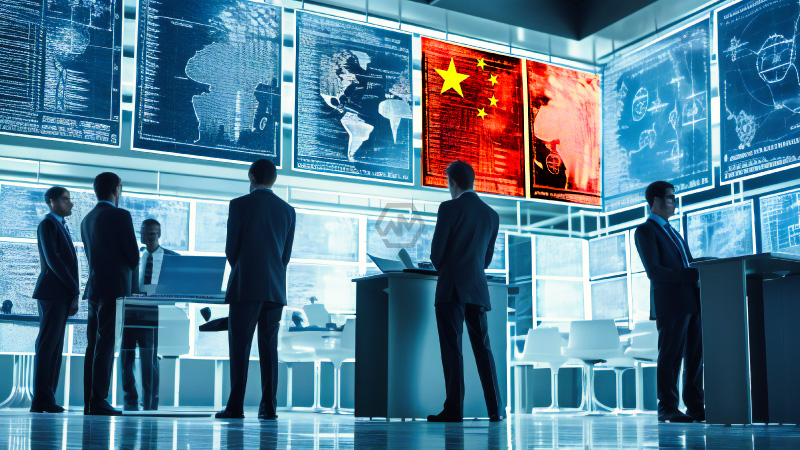As the other world wavers near the precarious edge of the downturn, the last thing Western policymakers need is for China, the greatest driver of worldwide monetary development since the 2008 monetary emergency, to have an unbalanced recuperation. However, that is the unfurling thing.
After leaving its year zero-Coronavirus strategy in December, the world’s second-biggest economy isn’t precisely terminating on all chambers.
China Can’t Rescue World Economy
China’s imports contracted strongly in April by 7.9%, while sends developed at a more slow speed of 8.5% contrasted with 14.8% in Spring. Buyer costs rose at the slowest speed in over two years in April, while production line entryway flattening — costs presented by China’s modern wholesalers — extended.
In the meantime, new bank credits tumbled undeniably more pointedly than anticipated in April, with moneylenders broadening 718.8 billion yuan ($104 billion/€94.5 billion) in new yuan credits in the month, under a fifth of Spring’s count.
A solid bounce back from China would assist with balancing a normal log jam in different regions of the planet, prodded by money-related fixing strategies by national banks over the beyond 12-year and a half.
China’s tremendous boost after the 2008/09 monetary emergency assisted the worldwide economy with recuperating, part of the way because of the Asian country’s voracious hunger for imported unrefined components for framework projects.
- Be that as it may, those previous upgrade measures have left China buried in a heap of obligation.
- In Spring, the Worldwide Financial Asset cautioned that Chinese neighborhood government obligation alone has ascended to a record 66 trillion yuan.
- Comparable to a portion of the nation’s Gross domestic product.
China’s very real intention to attack Taiwan, which Beijing claims is just like its own island, keeps on offending the West. Beijing’s accommodating binds with Moscow and lack of bias over Russia’s intrusion into Ukraine are other antagonistic issues that have seriously jeopardized worldwide monetary cooperation.
Trump-period exchange pressures between Beijing and Washington have likewise persevered through US President Joe Biden’s organization. Blow-for-blow taxes prompted US sanctions on a few Chinese organizations and authorities. Washington has even limited China’s admittance to its semiconductor and man-made reasoning (simulated intelligence) innovation on public safety grounds.
Simultaneously, the IMF has anticipated that China will keep on being the biggest driver of worldwide monetary development throughout the following five years, contributing some 22.6% of absolute world development, contrasted and only 11.3% for the US.
While easing back Western interest will proceed to adversely influence Chinese products, the homegrown economy has a lot to cheer about, particularly because of the repressed interest from three years of Coronavirus lockdowns.



